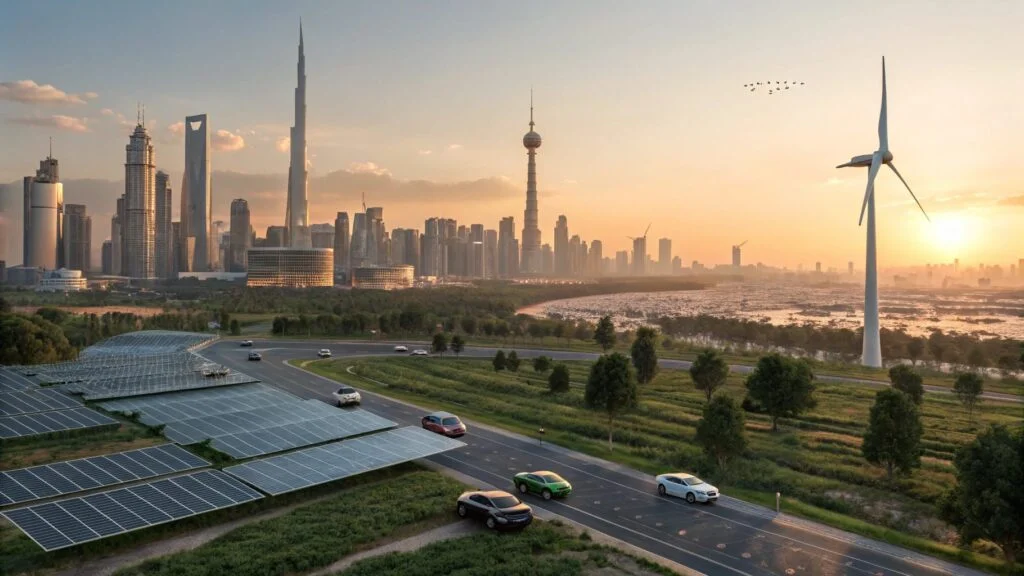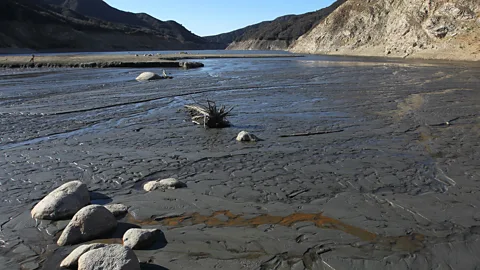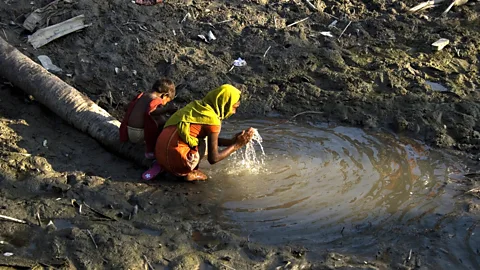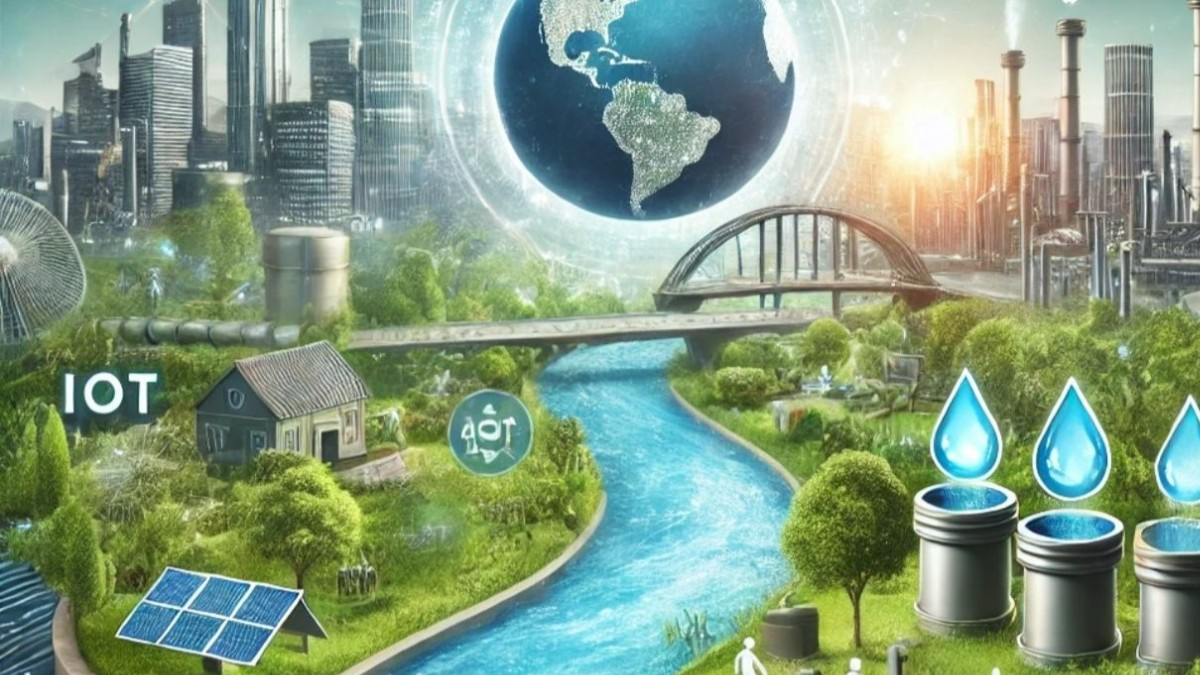Now Reading: The World Is Running Out of Water Faster Than Expected 2025!
-
01
The World Is Running Out of Water Faster Than Expected 2025!
The World Is Running Out of Water Faster Than Expected 2025!

Table of Contents
Water shortage is becoming one of the biggest problems faced by the world today. From large cities to small villages, millions of people are struggling to get enough clean water to drink, cook, and wash. This crisis is not only affecting daily life but also threatening industries, agriculture, and the environment. Experts warn that if we do not act now, the problem will become much worse in the near future.
What Is Causing the Water Shortage?

There are many reasons behind the growing water shortage. One of the biggest causes is climate change. As the earth gets warmer, some areas are experiencing less rainfall while others are seeing more floods. Dry places are becoming drier, making it hard for rivers and lakes to stay full.
Another big reason is overpopulation. As the world’s population grows, so does the need for water. Cities are expanding quickly, and industries and farms require large amounts of water to keep running. In many places, people use groundwater faster than it can be replaced, causing wells and underground water sources to dry up.
Pollution also makes the problem worse. Chemicals from factories, pesticides from farms, and waste from cities flow into rivers, lakes, and underground water. This makes the water unsafe to drink or use without expensive cleaning.
Lastly, poor water management is a major factor. In some countries, old or broken pipelines leak large amounts of water before it even reaches homes. In others, water is wasted on inefficient farming or careless daily use.
Which Places Are Suffering the Most?
Many parts of the world are now facing serious water shortages. Some of the worst-hit areas include:
- Africa: Countries like Ethiopia, Kenya, and South Africa often suffer from long droughts. In cities like Cape Town, people have had to limit water use to just 50 liters per person per day to avoid running out.
- India: Many cities, including Chennai and Bangalore, have seen their main water sources dry up in recent years. Farmers are struggling as water levels fall, making it hard to grow crops.
- The Middle East: Countries such as Jordan, Iran, and Saudi Arabia have very little rainfall and depend heavily on underground water, which is slowly disappearing.
- The United States: Parts of California, Arizona, and Nevada are facing record droughts. Rivers like the Colorado are drying up, threatening farming and city water supplies.
Even countries that used to have plenty of water are now feeling the pressure as demand increases and supply drops.
How Is Water Shortage Affecting Daily Life?
Water shortage has serious effects on people’s lives. When there is not enough water, families may spend hours walking to find a safe water source. In some poor areas, they have to buy expensive bottled water or use dirty water that can cause disease.
Farms cannot grow enough food without water, which raises food prices and can lead to hunger. Factories that make clothes, cars, or electronics also need large amounts of water. When water is limited, they may have to shut down, causing job losses.
Water shortage can also lead to fights and conflicts. When countries share rivers or lakes, they may argue over who gets to use the water. In the future, wars could even start because of water.
What Can Be Done to Solve the Water Shortage?
While the problem is serious, experts say there are ways to reduce the water shortage if action is taken soon. Some of these include:
- Using Water More Wisely: People can save water at home by fixing leaks, turning off taps when not needed, and using water-efficient appliances. Farmers can use drip irrigation to water plants more carefully.
- Recycling Water: Wastewater can be cleaned and reused for farming or industry, saving fresh water for drinking.
- Building Better Systems: Governments can fix old pipes and build better water storage systems to reduce waste.
- Desalination: Some countries are turning seawater into drinking water. This is expensive but could be an option for dry regions near the ocean.
- Protecting Water Sources: Keeping rivers, lakes, and underground water clean from pollution helps make sure there is more safe water available.
- Educating People: Teaching children and adults about saving water is important. When everyone understands the problem, they can help find solutions.
What Happens If We Do Nothing?

If the world does not act soon, water shortages will likely get worse. By 2025, the United Nations predicts that two-thirds of the world’s population could be living in water-stressed areas. This means that water will become more expensive, more people will get sick from dirty water, and food supplies could shrink.
Some experts even warn that entire cities may become unlivable without enough water. Climate refugees may be forced to leave their homes because of dry lands or failed farms. This could cause social and economic problems across the globe.
Conclusion
Water shortage is a real and urgent problem that affects everyone, no matter where they live. It threatens health, food, jobs, and peace. But if people, businesses, and governments work together, they can help stop the crisis before it is too late. Every drop of water saved today means a better tomorrow for all.
Read More:- Shobha Realty Launches Its Most Luxurious Project Yet—Full Details Inside 2025





















